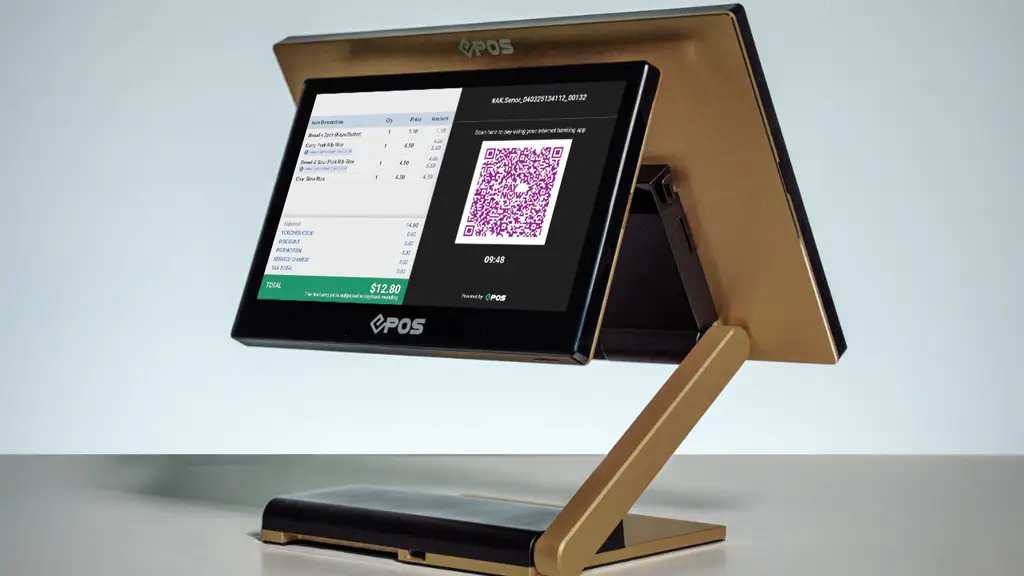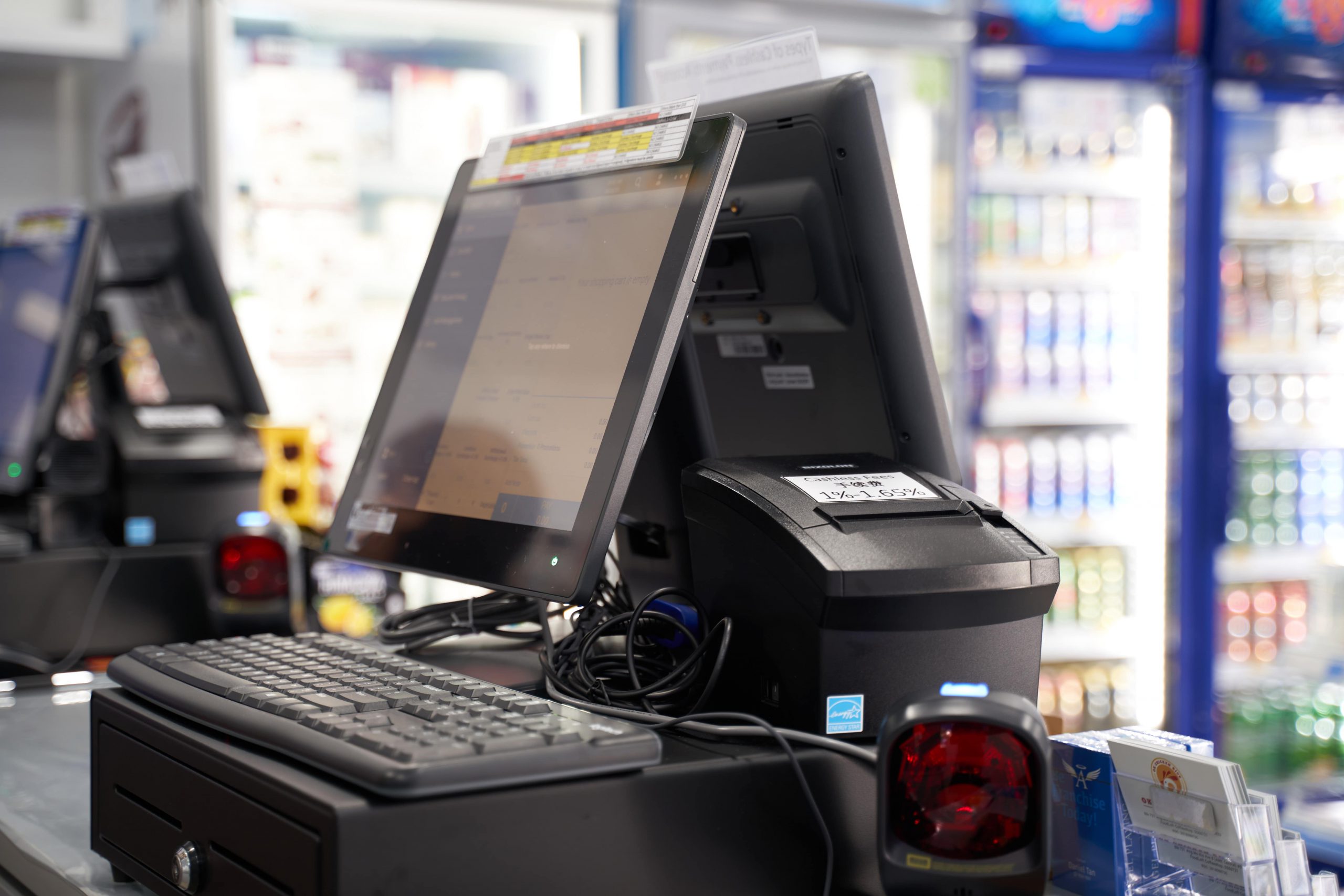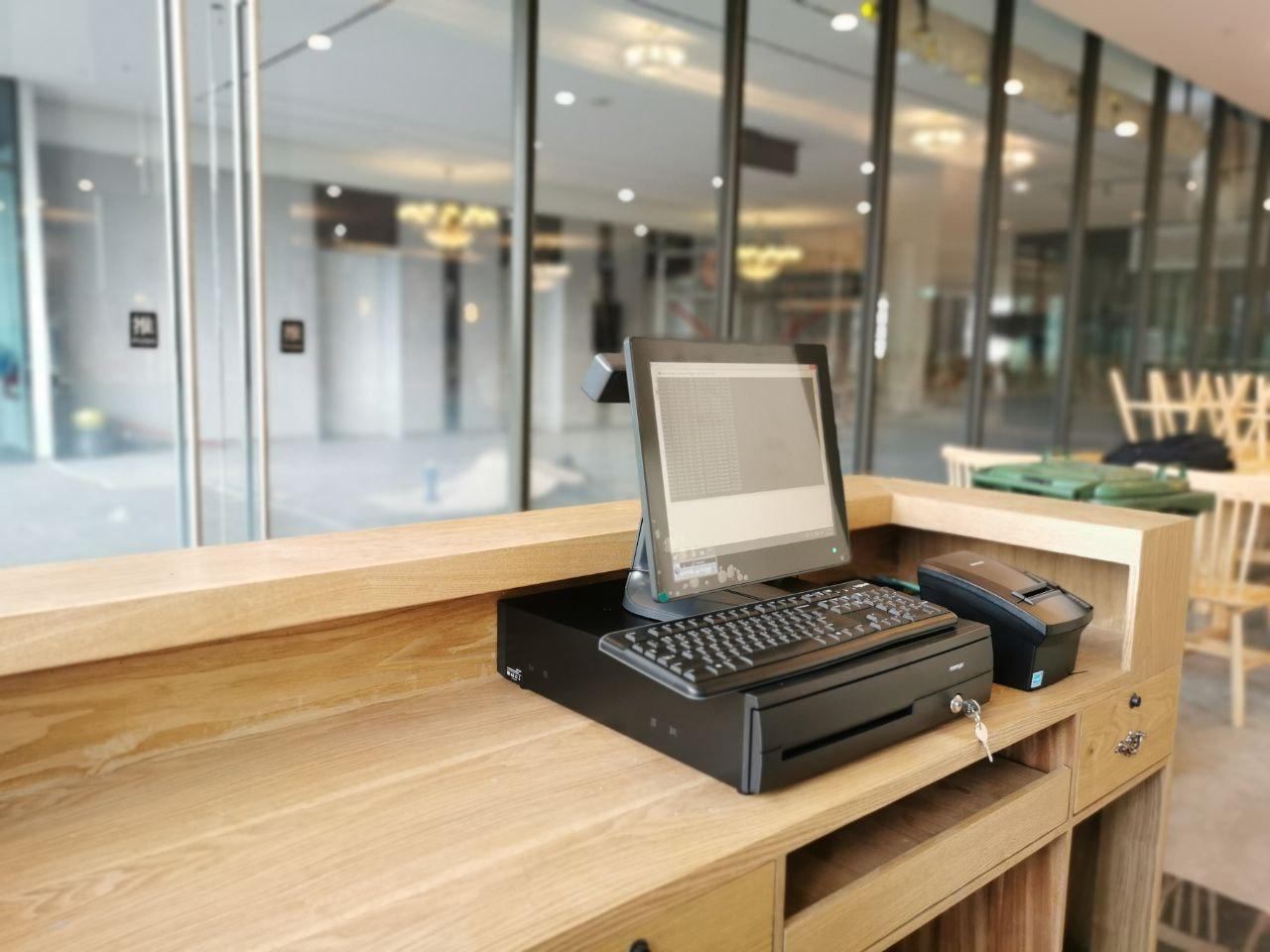In today’s highly competitive retail market, using the right technology is essential for business success. Opening a brick-and-mortar retail store and stocking products is not purely profitable anymore. Retail business owners must be able to adopt smart solutions to boost efficiency, improve customer satisfaction and gain data-based insights. A modern Point-of-Sale (POS) system is much more than just a regular cash register. It is a powerful retail management tool to aid in streamlining operations, increasing sales, and driving customer satisfaction, which in turn, helps with the retail business’s long-term growth. Discover how the right POS system can transform your retail business.

1. Streamlined Inventory Management: Eliminating STOCK-OUTS and Overstocking
A modern POS system with real-time inventory tracking helps businesses monitor sales trends, identify slow-moving stock, and optimise reorder points, preventing stock-outs and overstocking
Why does Inventory Management matter?
- Stock-outs frustrate customers and lead to lost sales. The IHL Group reports that retailers lose nearly $1 trillion annually due to out-of-stock items.
- Retail Systems Research reports that real-time inventory visibility reduces stock-outs by 20-30%.
- Prevention of overstocking frees up cash flow and warehouse space.
Having an accurate, data-driven, modern POS system with real-time inventory management can prove helpful, especially for Small-Medium Enterprises (SMEs) in Singapore. According to a report from the Aberdeen Group, optimised inventory management can reduce inventory holding costs by 10%—20%, thus optimising stock levels and maximising profitability.
Another report by Software Advice reports that 75% of all businesses, from small-medium enterprises (SMEs) to larger companies, report higher inventory accuracy. This increased accuracy directly translates into better demand forecasting, leading to a 5-10% increase in sales, as corroborated by various case studies within the retail technology sector.

2. Enhance Customer Loyalty with a Modern POS System: Boost Repeat Sales
Modern Point-of-Sales (POS) systems integrated with Customer Relationship Management (CRM) platforms allows for the comprehensive capture of granular customer data, including detailed purchase histories, product preferences (down to specific sizes, colours, and brands), contact information (email, phone, address), browsing behaviour (if integrated with e-commerce), and even social media interactions.
How a CRM-integrated POS system helps SMEs boost Repeat Sales:
Deep Customer Profiles
- A CRM-integrated POS system is able to capture purchase history, product preferences, contact information and browsing history, all in one place.
Hyper-Targeted Marketing
- A CRM-integrated POS system is able to send automated promotions such as birthday discounts, complementary products or back-in-stock alerts in order to capture the impulsive shopping habits and attention of customers.
- A CRM-integrated POS system would also be able to segment customers by their spending habits, demographics or engagement preferences for tailored marketing emails or SMSes

3. Expanding Your Reach and Sales Channels with a Modern POS System
A seamless POS eCommerce integration has the potential to transform your business into a powerful and unified omnichannel e-commerce engine. This integration aids the business in eliminating stock discrepancies, encouraging a more frictionless customer experience, and in turn, boosting sales.
How an eCommerce integrated POS System benefits your business:
- Prevents Overselling and Stockouts, which could cost the business 43% potential sales.
- Accurate stock levels across all channels, including online, in-store and on mobile, preventing miscommunication and frustrations.
- 360-degree customer insights, such as tracking purchases from any channel to personalise marketing and loyalty rewards, lead to a 20% increase in satisfaction and a 10 to 15% increase in revenue from these tailored experiences.
- Omnichannel leads to higher spending. According to the Harvard Business Review, 73% of shoppers use multiple channels before buying and are also prone to spending 30% more during their lifetime.
- Operational Efficiency will also improve. According to F1F9, 88% of spreadsheet mistakes can be eliminated, and workflows can be automated to save time and reduce costs.

4. Data-Driven Insights: Optimising Your POS System for Operations and Marketing
The Modern Point-of-Sale (POS) system is now a data mine full of information, capturing granular data on every sale, including item-level details, timestamps, payment methods, employee performance, and often, integrated customer loyalty information. This data is then transformed into comprehensive reports, spanning inventory turnover rates, hourly sales breakdowns, and customer purchase frequency.
How advanced analytics within POS Systems help your business:
- Advanced analytics within POS systems can segment customers based on spending habits, identifying high-value customers who prefer premium products and those who prioritise discounts.
- Businesses are able to implement dynamic pricing strategies, such as targeted promotions for slow-moving inventory or price adjustments during peak demand. By analysing sales trends over time, businesses can forecast future demand, optimise staffing schedules, and refine product assortments.
- With the ability to track the effectiveness of specific marketing campaigns and promotions, businesses can directly correlate marketing spend with sales uplift.
- The data-driven approach minimizes waste, maximizes resource allocation, and leads to significantly improved operational efficiency and increased profit margins.

5. How Mobile POS Capabilities Increase Sales and Flexibility
Mobile Point-of-Sale (POS) systems offer a significant leap beyond traditional cash registers, enabling businesses to conduct transactions anywhere, from retail floors to bustling pop-up shops at festivals or trade shows. This indicates a potential reduction in checkout wait times by up to 30%, leading to a demonstrable improvement in customer satisfaction scores, thereby increasing customer retention.
Equipping staff with mobile POS devices, retailers empower them to access real-time inventory data, reducing out-of-stock frustrations and potentially increasing sales by up to 15% through immediate alternative product suggestions. Access to comprehensive customer profiles on the go allows for personalised service, fostering loyalty and driving repeat business. Beyond payment processing, mobile POS systems can facilitate on-the-spot order placement for out-of-stock items, manage loyalty programs, and even capture customer feedback directly at the point of interaction. This holistic approach to mobile transactions enhances the entire shopping journey, transforming it from a simple purchase into a seamless, engaging experience.

6. Automated Reporting and Analytics: Boost Efficiency and Reduce Revenue Loss with a Modern POS System
Automated reporting and analytics tools transform how modern businesses manage performance and profitability. By leveraging advanced data pipelines and intelligent algorithms, automated reporting eliminates time-consuming manual processes and minimises costly human error, which is responsible for 3–5% of lost revenue in the retail and service industries.
Real-time dashboards, integrating data from multiple sources like CRM, ERP, and point-of-sale systems, provide real-time insights. These POS dashboards display key performance indicators (KPIs) such as customer acquisition cost, inventory turnover rate, and sales conversion rates, often visualised through interactive charts and graphs. This instantaneous access enables rapid response to fluctuations in sales, inventory shortages, or customer behaviour anomalies, reducing issue resolution time by an estimated 20-30%.
Operational costs are reduced through optimised resource allocation and minimised downtime, leading to an increase in profitability, often reflected in a 5-10% improvement in profit margins within the first year of implementation of the modern retail POS system.

7. Improved Employee Management: Boosting Productivity and Reducing Losses
Modern POS systems can also double up as powerful employee management platforms. With built-in features like time tracking, sales performance analytics, and role-based access controls, retailers can monitor staff efficiency, track attendance, and pinpoint top-performing employees with ease. These capabilities enable better workforce scheduling, reduce unauthorised discounts or access, and ensure accountability on the sales floor.
Investing in a modern POS system should not just be an expense, it’s a strategic investment in retail profitability. By leveraging the modern POS system’s powerful features, businesses in Singapore can streamline operations, enhance customer experience, and gain valuable insights into their business. A modern POS system empowers businesses to make smarter decisions, drive sales, and achieve sustainable growth. In a world where every penny counts, a smart POS system is your secret weapon to doubling your retail profits.
Transform your Retail Business today with EPOS POS Systems
EPOS Pte Ltd provides modern POS solutions designed to help your small-medium enterprise (SME) business grow! SMEs are eligible for up to 50% support for the adoption of EPOS Pre-Approved Solutions under the IMDA SMEs Go Digital programme. EPOS also offers Digital Marketing Solutions for SMEs seeking business growth, providing tailored marketing strategies catered to the unique needs of each business. Last but not least, keep your customers returning with the EPOS Loyalty Program, powered by WhatsApp.






